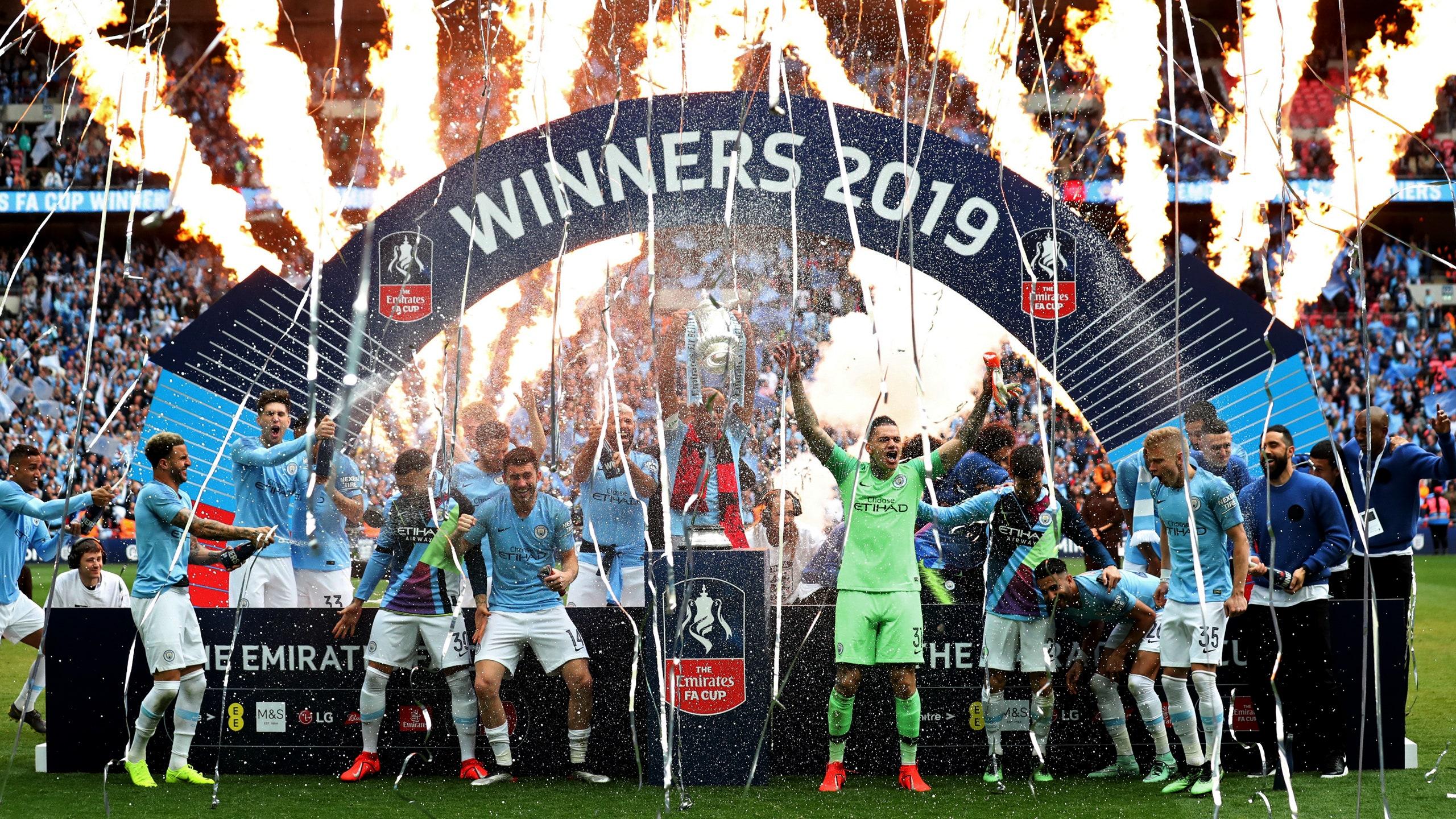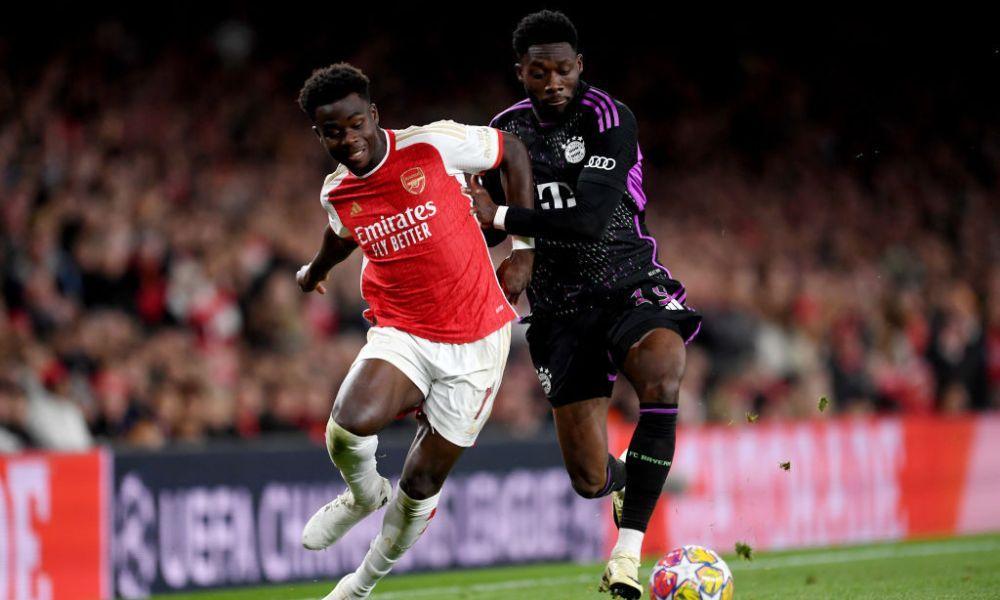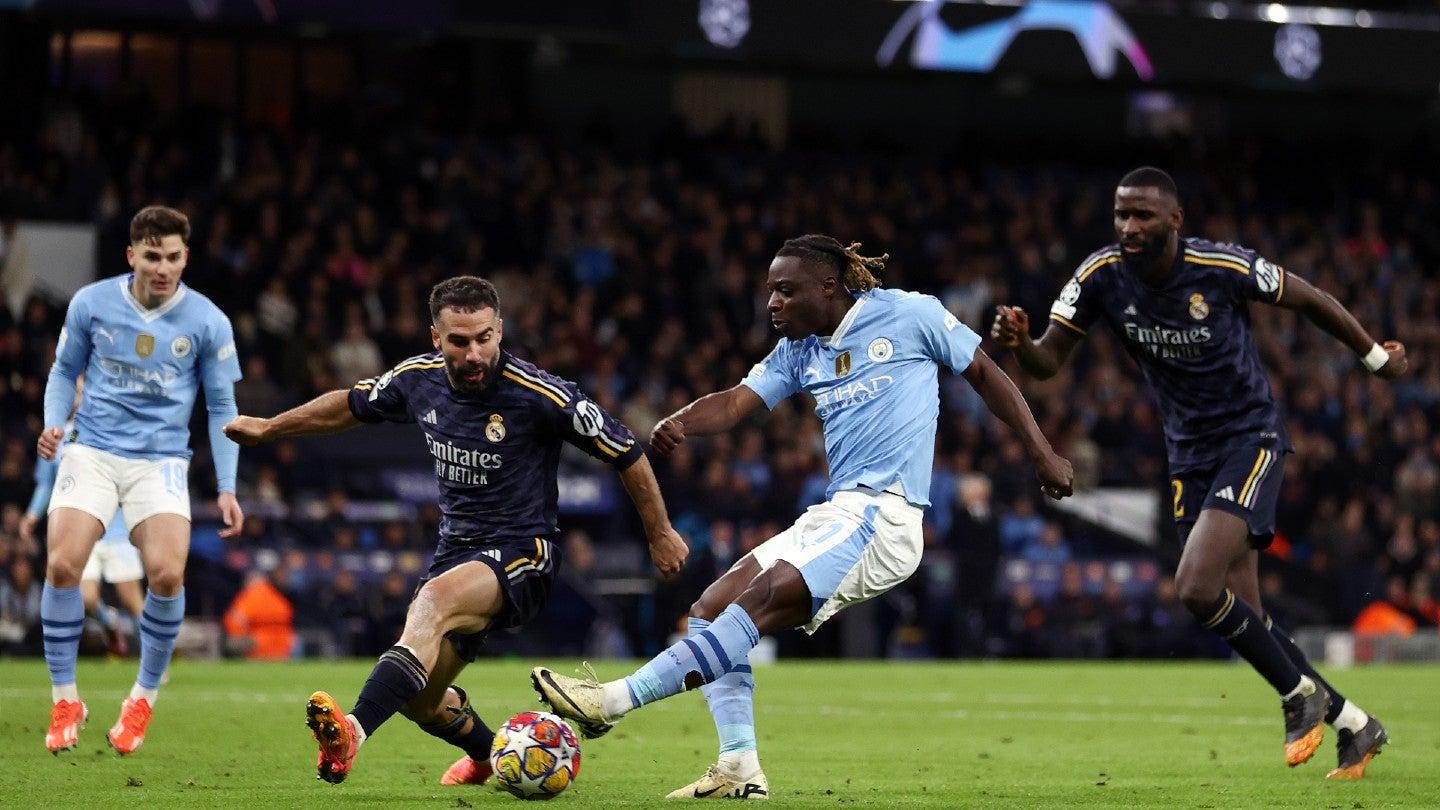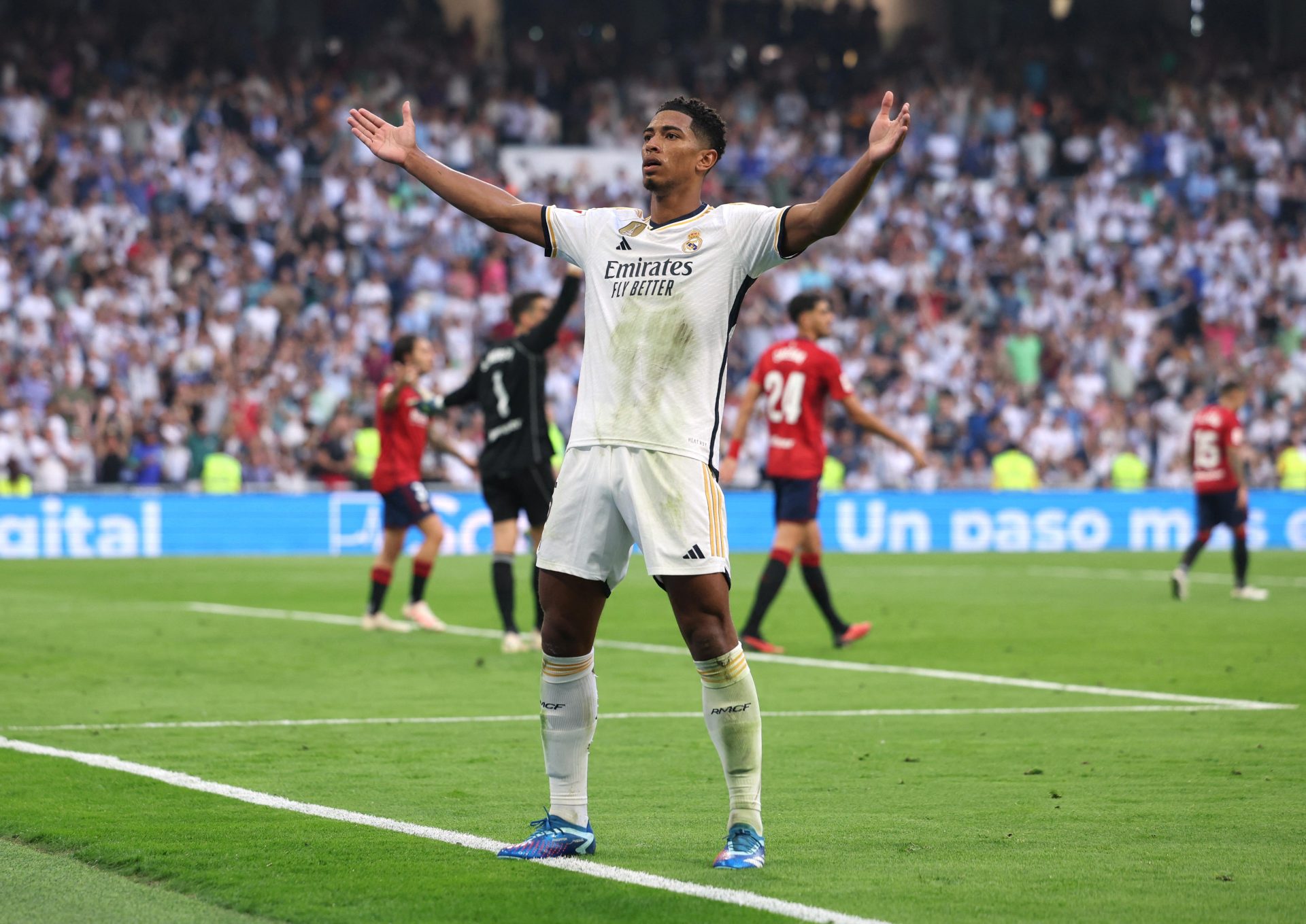The Turbulent Landscape of the Premier League: Analyzing the Battle for Champions League Spots
In the ever-changing world of the Premier League, the race for Champions League qualification has reached a fever pitch. With just a handful of matches left in the season, the top clubs are experiencing unprecedented pressure as they vie for the coveted spots in European competition. The contest is so tight that even the smallest slip-ups can lead to dramatic shifts in positioning. Traditional powerhouses are facing fierce competition from rising teams, creating a chaotic but thrilling atmosphere for fans and players alike. At the forefront of this battle, several clubs stand out:
- Manchester United – After a rocky start, they are rediscovering their form and have their eyes set on a top-four finish.
- Newcastle United – With their impressive resurgence, they are firmly in the mix, fueled by a solid defense and a potent attack.
- Arsenal – Young, dynamic, and hoping to end a long absence from Europe’s elite, they are a dark horse in the race.
- Aston Villa – Under the management of a rejuvenated tactician, they are proving that they are hear to stay and compete at the highest level.
As the season draws to a close, the unpredictable nature of the league is amplifying the tension among the teams. The battle extends beyond just the points on the table; it encapsulates the hopes and dreams of fans,with every match having the potential to alter the landscape dramatically. Factors such as injuries, tactical shifts, and even in-game decisions become critical components in this riveting narrative. The battle for Champions League spots is not just about a title; it’s about prestige, financial windfalls, and the chance to showcase talent on one of the biggest stages in world football. Expectations are higher then ever, and with so many contenders, the conclusion of this season promises to be one for the history books.

In-Depth team Performances: Who is Rising and Who is Falling in the Race
As the Premier League season progresses, the battle for the coveted Champions League spots has truly taken on a life of its own, with teams experiencing their own unique peaks and troughs. Brighton and Hove Albion has emerged as a surprising contender, playing fluid, attractive football that has won them admirers and points alike.Their resilience has seen them surge into contention,spearheaded by a formidable attacking duo that has electrified defenses. Conversely, Tottenham Hotspur, once seen as certainties for the Champions League, has stumbled, plagued by inconsistency and managerial speculation. Their failure to convert leads into wins has left their ambitions hanging by a thread, eliciting frustration from their fanbase and calls for a tactical overhaul.
Meanwhile, Arsenal has displayed remarkable stability, reflecting the tactical acumen of their coach, and their young squad continues to demonstrate maturity that belies their age. This consistency has allowed them to maintain a firm grip on a top-four finish, showcasing an inspiring brand of soccer.On the opposite end of the spectrum, Manchester United finds itself in a precarious position. Despite star-studded lineups and significant investments, they have struggled to find cohesion on the pitch, facing mounting pressure from critics. As teams jockey for position, every match will be critical in determining who rises to the occasion and who will fall by the wayside in the chaotic race for glory.

Strategic Insights: What Teams Must Do to Secure Their Champions League Ambitions
In the frenzied race for Champions League places, teams must adopt a multifaceted strategy to navigate the chaos and emerge victorious. Success hinges on several critical elements:
- Robust Squad Depth: With the rigors of multiple competitions, having a deep roster is indispensable. Injuries and fatigue can strike at any moment, and teams need capable substitutes who can step in without a hitch.
- Consistent Form: Momentum is key in the latter stages of the season. Maintaining a streak of positive results, especially against lower-ranked teams, is vital for securing precious points.
- Strategic Game Plans: Managers must be astute in their tactical approach, tailoring strategies to exploit opponents’ weaknesses. This involves not just focusing on one’s own strengths but also learning to adjust in real-time based on the match flow.
Moreover, off-the-pitch factors play a significant role in a team’s Champions League ambitions. Clubs should prioritize:
- Fan Engagement: A united fan base can provide the much-needed morale boost, especially during crucial home games. Teams must invest in initiatives that foster a strong connection with their supporters.
- Scouting and Recruitment: Identifying and signing the right talent is essential. Clubs need to have a proactive approach to scouting that not only fills immediate gaps but also builds for the future.
- Financial Management: Balancing the books while aiming for glory is critical. Sustainable spending ensures that a team can invest in key areas without jeopardizing its financial health.

The fans’ Perspective: How Uncertainty is Shaping Supporter Sentiment in England
As the Premier League season reaches its climax, supporters find themselves engulfed in a whirlwind of emotions, largely driven by the swirling uncertainty surrounding their clubs’ prospects. With multiple teams vying for the coveted Champions League spots,the varying levels of confidence among fans reflect a delicate balance between hope and skepticism. Their sentiments are frequently enough influenced by:
- Inconsistent performances: Fluctuating results leave supporters questioning their team’s form, leading to a climate of anxiety over potential missed opportunities.
- Injury woes: The specter of injuries to key players amplifies fears, as fans understand that one important absence could derail their club’s ambitions.
- Managerial decisions: fans are acutely aware of the implications of tactical choices and substitutions, often scrutinizing the decisions that can make or break a match.
Moreover,social media has become a battleground for opinions,as supporters express their frustrations and rally behind their teams in equal measure. This digital landscape fosters a communal experience, allowing fans to bond over shared hopes and fears. The atmosphere inside stadiums has been electric, yet strained, as chants of encouragement are frequently enough mixed with the palpable tension of uncertainty. Key fixtures, once viewed as straightforward, are now laden with meaning and anxiety, shaping a narrative where every kick matters in the race for European football.
